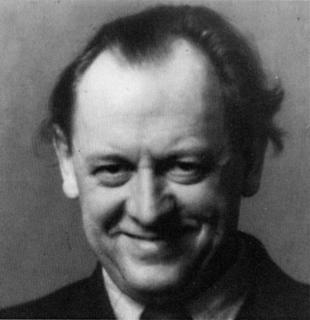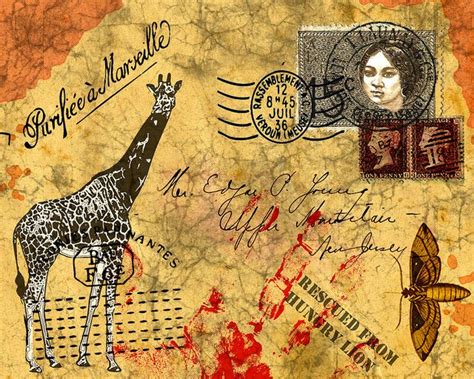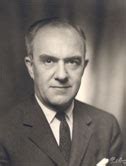A Quote by Isaac Bashevis Singer
When literature becomes overly erudite, it means that interest in the art has gone and curiosity about the artist is what's important. It becomes a kind of idolatry.
Related Quotes
Fine art, that exists for itself alone, is art in a final state of impotence. If nobody, including the artist, acknowledges art as a means of knowing the world, then art is relegated to a kind of rumpus room of the mind and the irresponsibility of the artist and the irrelevance of art to actual living becomes part and parcel of the practice of art.
I always wanted to write a book about a common food that becomes a commercial commodity and therefore becomes economically important and therefore becomes politically important and culturally important. That whole process is very interesting to me. And salt seemed to me the best example of that, partly because it's universal.
Art is a spiritual function of man, which aims at freeing him from life's chaos. Art is free in the use of its means in any way it likes, but is bound to its laws and to its laws alone. The minute it becomes art, it becomes much more sublime than a class distinction between proletariat and bourgeoisie.
True art means if it helps you to become silent, still, joyous; if it gives you a celebration, if it makes you dance—whether anybody participates with you or not is irrelevant. If it becomes a bridge between you and God, that is true art. If it becomes a meditation, that is true art. If you become absorbed in it, so utterly absorbed that the ego disappears, that is true art.
When we accept Christ we enter into three new relationships: (1) We enter into a new relationship with God. The judge becomes the father; the distant becomes the near; strangeness becomes intimacy and fear becomes love. (2) We enter into a new relationship with our fellow men. Hatred becomes love; selfishness becomes service; and bitterness becomes forgiveness. (3) We enter into a new relationship with ourselves. Weakness becomes strength; frustration becomes achievement; and tension becomes peace.
Orthodoxy is idolatry if it means holding the 'correct opinions about God' - 'fundamentalism' is the most extreme and salient example of such idolatry - but not if it means holding faith in the right way, that is, not holding it at all but being held by God, in love and service. Theology is idolatry if it means what we say about God instead of letting ourselves be addressed by what God has to say to us. Faith is idolatrous if it is rigidly self-certain but not if it is softened in the waters of 'doubt.
The heart becomes sick, as the body becomes sick, and its remedy is al-Tawbah (repentance) and protection [from transgression]. It becomes rusty as a mirror becomes rusty, and its clarity is obtained by remembrance. It becomes naked as the body becomes naked, and its beautification is al-Taqwa. It becomes hungry and thirsty as the body becomes hungry, and its food and drink are knowledge, love, dependence, repentance and servitude.





































